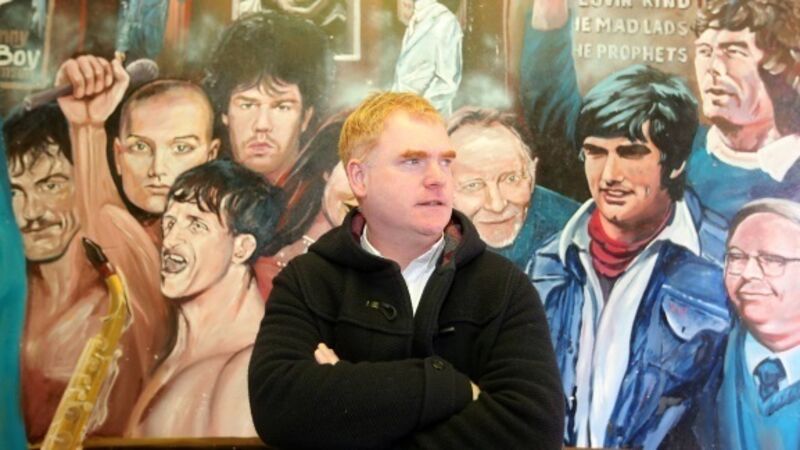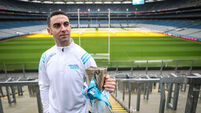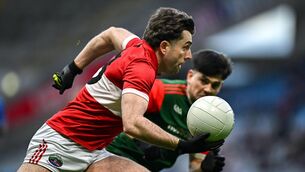Law and order in the GAA

It’s 1am on September 5, 2015. In 16 hours’ time, Dublin face Mayo in an All-Ireland semi-final replay. Diarmuid Connolly is hoping to be involved but
is sitting in a hallway of the Regency Hotel waiting to hear if the Disputes Resolution Authority will allow him to play. The DRA’s secretary, Jack Anderson, is beside him and telling him to go home but he’s too anxious. He’s got to know.











